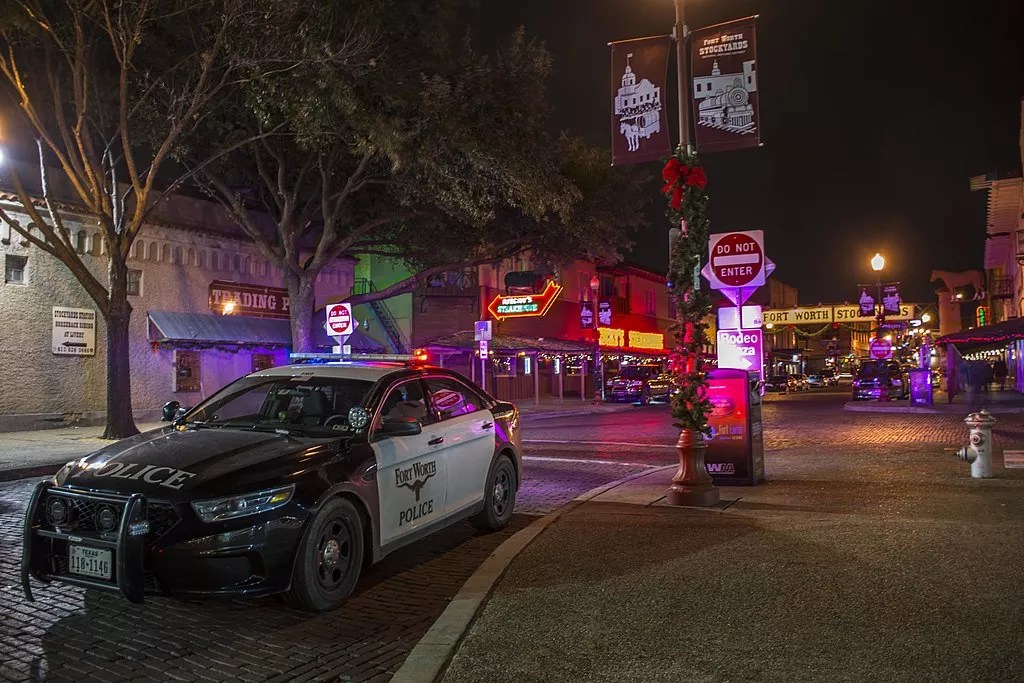
Brandon Harer, CC BY 2.0, via Wikimedia Commons

Audio By Carbonatix
Among a number of new laws taking effect on Jan. 1 is a law handing control of local law enforcement budgets over to county residents in Texas.
Authored by state Sen. Joan Huffman the new law requires any reduction to the budgets of local law enforcement agencies (meaning county sheriff’s offices or city police forces) to be approved through a vote for all those affected by the proposed change.
The law does not include an equivalent measure for proposed increases in police budgets, so residents are only called to vote when public officials suggest lowering the amount of public tax dollars law enforcement agencies get. Increases in the budget do not require a vote.
Huffman’s law sprang up in response to calls to “defund the police” that gained traction in the summer of 2020 after Minneapolis police officer Derek Chauvin murdered George Floyd.
Advocates emphasized that those in favor of “defunding” the police are really pushing to reallocate tax dollars directed towards armed law enforcement toward other forms of public safety.
“Everyone knows there are threats to public safety that have nothing to do with police departments,” said Wand Bertram, communications strategist for the Prison Policy Initiative. “Streets don’t get repaired, health organizations and community centers are underfunded and don’t have the tools that they need to do outreach to the schools that need it,” she said.
Katya Ehresmann, an organizer with Common Cause Texas, said that although the bill appears to increase democratic control of local police budgets, that isn’t the reality on the ground.
“Many of these Texas cities and counties have elected legislative bodies that would go in the direction of a decreased policing budget, that would reinvest from policing into community care and other resources for the community,” Ehresmann said.
But given the slew of restrictive voting measures Texas lawmakers passed this year, Ehresmann said, the measure may in effect deprive voters of a say in their local police and sheriff’s budgets.
Neither Sen. Huffman nor Sen. Jane Nelson of Flower Mound, one of the law’s key co-sponsors, responded to requests for comment.
The law responds to a threat that appears to be nonexistent. Even as protests bloomed in major cities across the U.S. and calls to reallocate police funding to other community sources reached unprecedented levels of mainstream exposure, total law enforcement spending across major U.S. cities actually rose slightly during 2020, according to Bloomberg.
Bertram said that although PPI isn’t aware of any states with legislation similar to the Texas law, “you can safely bet that Texas is setting the pace for other states.”